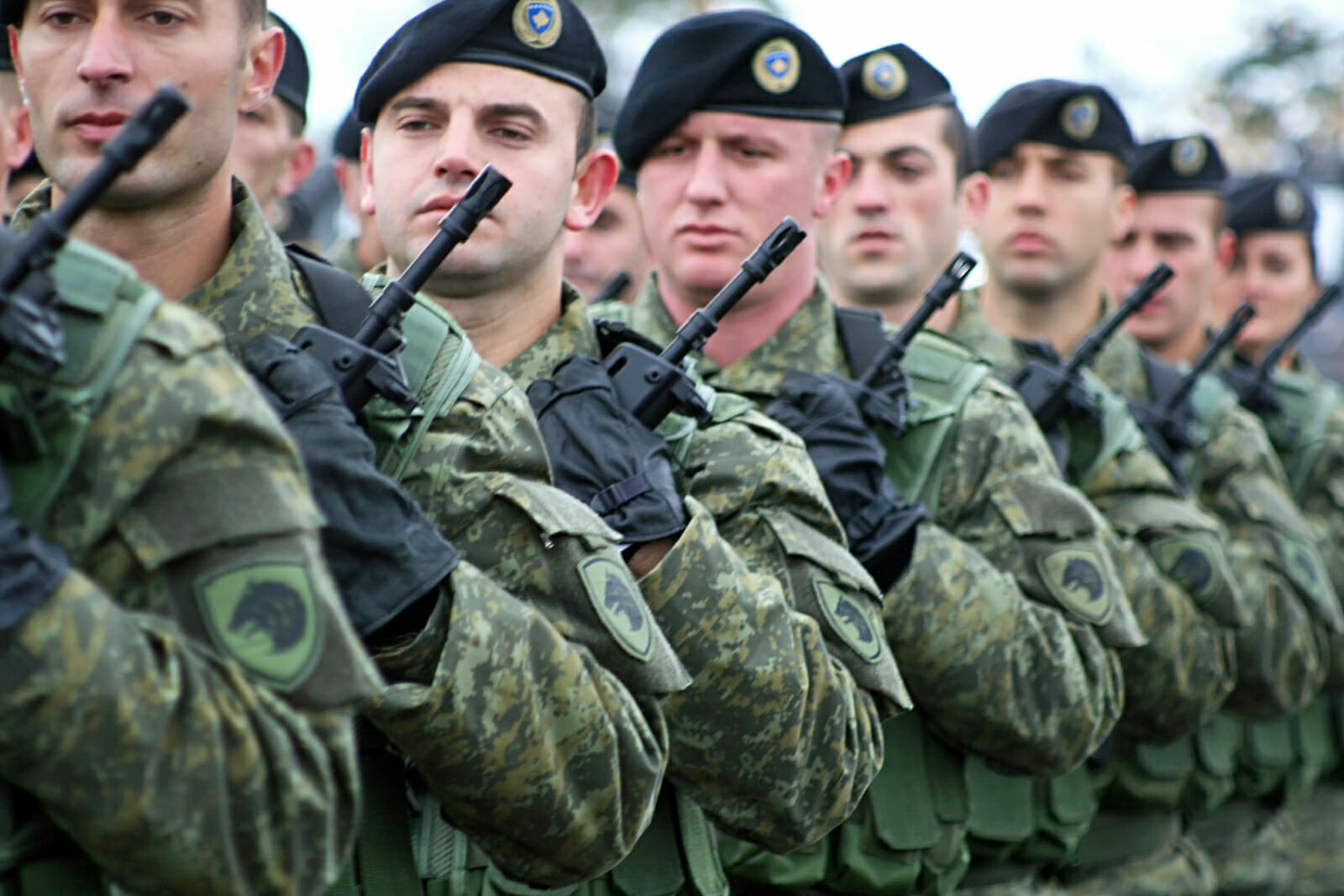
Back to the Balkans to Finish the Job
Many were surprised when on August 30, 2019, the State Department announced that Secretary Pompeo appointed Deputy Assistant Secretary Matthew Palmer as Special Representative for the Western Balkans. This announcement comes at a time when it seemed that decision-makers in Washington would continue the trend of neglecting the Balkan peninsula – a region that a couple of decades ago epitomized the height of U.S. global leadership. Fortunately, through the decision to appoint a Special Envoy, the current U.S. administration showed a desire to revive its leading role in this important region.
In the 1990s, the United States had a primary role in the Balkan peninsula and led the successful intervention that stopped Serbia’s ethnic cleansing in Kosovo. But, following the war in Kosovo, the U.S. lost some of its interest in the region as it became preoccupied with other global challenges. As the United States downgraded its role and engagement, some conflicts remained unresolved and protracted issues continue to pose significant challenges for regional peace and stability.
With the support of the United States and Western allies, Kosovo declared its independence in 2008, but Serbia refuses to acknowledge Kosovo’s sovereignty. Serbia’s refusal to recognize Kosovo is explicitly supported by Russia, which has blocked Kosovo from becoming a member of the United Nations by using its veto power in the UN Security Council. Meanwhile, Russia continues to exploit this dispute in order to retain its influence in the region and to hold the country back from integrating into Western organizations. Mr. Palmer himself identified the dispute between Kosovo and Serbia as one of his key priorities as Special Envoy.
The other major challenge that the Special Envoy will have to address is the situation in Bosnia and Herzegovina. The Dayton agreement mediated by the U.S. was effective in putting an end to the war in Bosnia in 1995 but was much less effective in laying the groundwork for good governance in the country. This is evident more than ever today as Bosnia, more than ten months after its general elections, is still without a government.
The U.S. reengagement in the Balkans certainly faces challenges and opposition from some of the actors that are invested in the current status quo. A first sign of opposition was expressed by Serbia’s Ambassador to Russia, Miroslav Lazansk, who downplayed the potential role of the U.S. in solving the Kosovo-Serbia dispute by claiming that “the Kosovo problem can only be solved by us.” The renewed U.S. role will also be viewed with skepticism by Milorad Dodik, the pro-Russian leader of Bosnia’s Serb-dominated Republika Srpska. It is indeed Dodik who has exploited the vulnerabilities of Bosnia’s institutional construct and has been blocking the formation of a government due to his opposition to Bosnia’s membership in NATO.
If the U.S. Special Envoy manages to tackle Russian influence in Bosnia and Serbia and manages to achieve the latter’s recognition of Kosovo, the United States will not only secure the stability of the Balkans but will also guarantee its Western geopolitical orientation. The U.S. has a lot of credibility in the region and Mr. Palmer will have to deliver in convincing the local actors to sit at the table to undertake the necessary steps to solve these protracted issues. The credibility of the United States is reinforced by its success in facilitating and pushing for the recent agreement between Greece and now-North Macedonia over the latter’s official name – a deal that solved one of the other major conflicts in the region and that made it possible for North Macedonia to finally start its accession process in NATO.
The American intervention two decades ago was pivotal in stopping the atrocities in the Balkans and paving the path towards peace and stability. Now the United States has a unique opportunity to address the remaining issues, counter malignant influences that continue to hold the region back, and irreversibly orient all the Balkan countries towards the West. In doing so, it would offer once again the leadership that the globe, including the Balkans, desperately needs.
